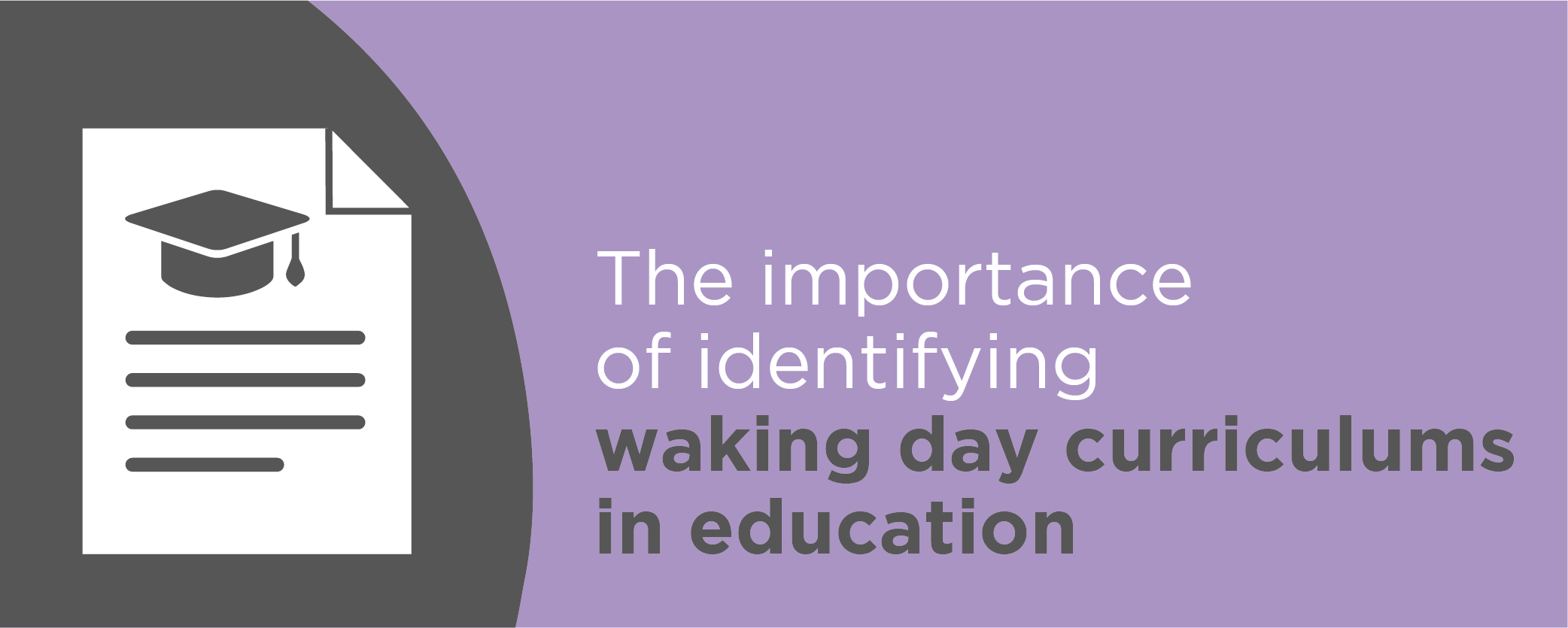- Basildon 01268244144
- Chelmsford 01245453800
- Colchester 01206217300
- London 020 4586 1280

A waking day curriculum describes where the educational curriculum is delivered throughout all waking hours and is not just limited to what can be provided for during the school day.
A waking day curriculum regularly forms part of a residential placement, and the terms are often used interchangeably. This will be recommended where there is an educational need for the curriculum to be delivered throughout the waking day. A provision of this kind will relate to cases involving severe and complex needs that extend beyond what is catered to during a school day. Therefore, a waking day curriculum is a special education provision; however, a local authority will often try to dispute this.
This type of provision is costly for a local authority, and they can try to argue that the waking day curriculum is not, in fact, educational and, therefore, amounts to a social care provision as opposed to educational. This distinction is important given that a local authority only has a duty under the Children and Families Act 2014 to secure the special educational provision stated in Section F of an Education and Health Care Plan (EHCP).
When it comes to naming a school, the cost of a residential placement and waking day curriculum will be a significant factor to a local authority. Disputes can arise over whether the special educational provision required can be met within the normal school day or whether there is justification that the particular needs of the child or young person require a waking day curriculum.
Special educational provision or social care provision?
Further disputes can arise over whether the support provided outside of normal school hours is educational or not. If the support outside of the school day does not have a purpose to educate or train, then it will not be a special educational provision recorded in Section F.
Evidence from an educational psychologist will be required to prove that there are special education needs that require special educational provision in the form of a waking day curriculum.
While a report from a social worker may be prepared to support a waking day curriculum, the educational psychologist’s advice will be crucial to determine whether this type of curriculum and placement is required to educate or train the child or young person. Under section 21(5) of the Children and Families Act 2014, a healthcare or social care provision which educates or trains a child or young person is to be treated as special educational provision.
In a leading case
One of the leading cases on residential placements or waking day curriculums is R (on the application of) Tottman v Hertfordshire County Council [2003] EWHC 1725 (Admin). It was held that what must be established for a residential placement is that educational programmes are required (by virtue of the child or young person’s needs) to be delivered throughout the waking day. Each case will be very fact-specific.
In S v Special Educational Needs and Disability Tribunal and Another [2007] EWHC 1139 (Admin), it was held that each case will be judged on its own facts as to whether the need for provision beyond the school and the school day are educational in nature. In this case, it was held that the child’s needs were special educational needs and extended beyond school hours and the four corners of the school.
Recording the waking day curriculum
It is important that a waking day curriculum is recorded correctly in the EHCP. If it educates or trains the child or young person, then it should be recorded as a special educational provision in Section F. If it is required as part of social care, the duty to secure the provision does not apply in the same way as the provisions in Section F.
There are limited routes of recourse if there are issues with the delivery of the social care provision. Where an appeal focuses on a section of the EHCP which can be appealed, such as Section B, F, or I, the SEND Tribunal has limited powers in respect of health and social care. The Tribunal can only make non-binding recommendations, which, if not followed by the local authority, will ultimately require a claim for judicial review to challenge the decision not to implement the recommendations. This process can be lengthy.
If a local authority ignores the education and training which a waking day curriculum provides and wrongly identifies it as a social care provision, this can be appealed to the SEND Tribunal.
If you require further assistance or advice, please get in touch. I can be contacted on 01245 453805 or via email at madeleine.oakley@birkettlong.co.uk



Comments